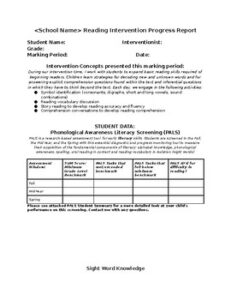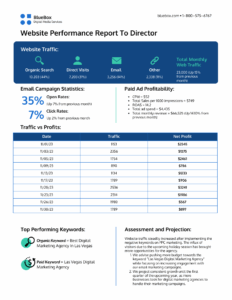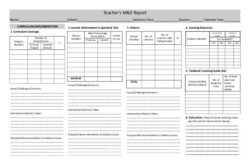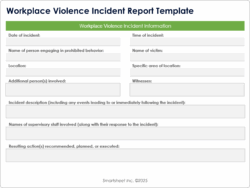Navigating the complexities of social interactions is a fundamental part of human experience, whether it’s in the classroom, the workplace, or our personal lives. Developing strong social skills is not just about being polite; it’s about effective communication, empathy, conflict resolution, and building meaningful relationships. For many, this is a natural learning process, but for others, a more structured approach can make a world of difference in fostering growth and confidence.
The journey toward enhanced social competence often benefits from clear observation, targeted intervention, and consistent tracking. Without a systematic way to measure progress and identify areas for further development, efforts can feel scattered and outcomes uncertain. This is where a well-designed framework comes into play, offering a path to understanding and improving social interactions effectively.
This article will explore the components of such a system, focusing on how a detailed report template can serve as an invaluable tool for educators, therapists, parents, and even individuals on their self-improvement journey. By providing a structured means to document observations and interventions, it transforms subjective experiences into actionable data, paving the way for sustained social skill development.
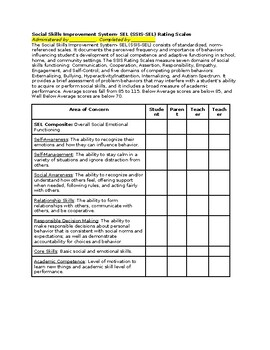
Understanding the Core Components of a Social Skills Improvement System
A comprehensive social skills improvement system is more than just a set of exercises; it is an integrated process designed to assess current abilities, implement targeted strategies, and monitor progress over time. It begins with an initial evaluation to identify specific areas where an individual might struggle, such as initiating conversations, understanding non-verbal cues, managing conflict, or expressing emotions appropriately. This foundational assessment is critical for tailoring interventions to meet unique needs.
Following the assessment, a plan is typically developed outlining specific goals and the strategies that will be employed to achieve them. These strategies can range from direct instruction and role-playing to social stories and peer modeling, all aimed at providing practical tools and opportunities for practice in real-world scenarios. The emphasis is always on functional skills that can be applied immediately and lead to tangible improvements in social interactions.
The true power of such a system, however, lies in its capacity for ongoing tracking and reporting. It is not enough to simply implement interventions; consistent observation and documentation are essential to determine their effectiveness. This is where a robust social skills improvement system report template becomes an indispensable asset. It provides a standardized framework for capturing qualitative and quantitative data, allowing for a clear picture of progress, challenges, and the impact of various interventions.
Without a structured report, critical information might be overlooked, making it difficult to adjust strategies or communicate effectively with all stakeholders involved. A well-crafted template ensures that all relevant data points are considered, offering a holistic view of an individual’s social skill development journey. It helps maintain objectivity and consistency in reporting, which is vital when multiple observers or facilitators are involved.
By meticulously documenting observations, interventions, and outcomes, the template acts as a living document that guides the improvement process. It highlights successes, pinpoints areas needing further attention, and provides evidence-based insights for future planning. This continuous feedback loop is what makes the system truly dynamic and effective in fostering sustainable social growth.
Key Sections within a Report Template
- Individual Profile: Basic demographic information, relevant background, and a summary of initial assessment findings.
- Identified Goals: Specific, measurable, achievable, relevant, and time-bound (SMART) goals for social skill development.
- Intervention Strategies: A detailed description of the methods, activities, and resources used to address the identified goals.
- Progress Notes: Regular entries documenting observations, specific examples of social interactions, and responses to interventions.
- Challenges and Barriers: Notes on any obstacles encountered, such as environmental factors, behavioral issues, or skill plateaus.
- Achieved Milestones: Documentation of significant improvements or attainment of specific social skills.
- Recommendations: Suggestions for future steps, adjustments to interventions, or areas for continued focus.
Implementing and Customizing Your Social Skills Report Template
Putting a social skills improvement system report template into practice requires more than just filling in blanks; it demands thoughtful engagement and consistent effort. The real value comes from actively observing, documenting accurately, and regularly reviewing the information gathered. This commitment ensures that the data collected is meaningful and directly informs ongoing strategies, making the improvement process responsive and effective for the individual.
One of the most powerful aspects of using a template is its adaptability. While a foundational template provides a solid starting point, it’s crucial to customize it to fit the unique context and needs of the individual, the setting, and the specific goals being pursued. A template used in a clinical setting for a child with specific developmental needs might look very different from one used by a teenager working on public speaking skills or an adult aiming to enhance professional networking abilities. Adjusting categories, adding specific metrics, or even altering the language can make the template a far more useful and relevant tool.
To maximize the impact of your reporting, consider integrating it seamlessly into the daily or weekly routine. Regular, brief entries are often more valuable than infrequent, lengthy ones. This consistent documentation creates a rich, longitudinal record of progress, allowing for patterns to emerge and for the impact of interventions to be clearly seen over time. This structured approach, supported by a clear social skills improvement system report template, empowers individuals and facilitators alike to track growth, celebrate achievements, and adjust strategies with confidence.
Employing a structured approach to social skill development, supported by diligent reporting, lays a strong foundation for lasting personal growth. It shifts the focus from sporadic efforts to a continuous, informed process, ensuring that every step taken is purposeful and contributes to meaningful improvement. The insights gained from consistent documentation not only highlight successes but also illuminate areas where further support or adjusted strategies are most needed.
Ultimately, having a clear framework for observing, documenting, and evaluating social skill progress offers immense empowerment. It provides clarity for those on the journey of skill enhancement and offers valuable data for those supporting them. This systematic approach ensures that growth is not left to chance but is a cultivated outcome, leading to more confident, capable, and connected individuals ready to engage more fully with their world.
